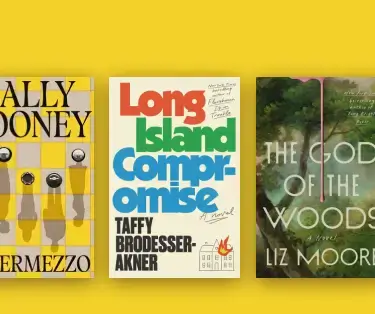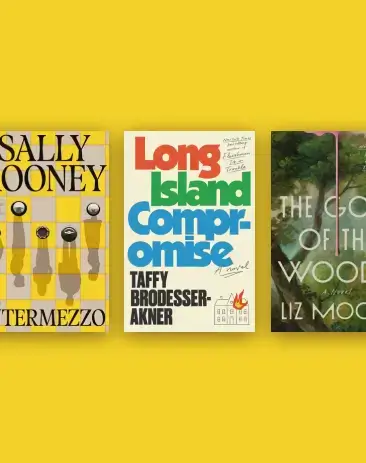The co-op bookstore for avid readers

The Art of Memory: Historic Cemeteries of Grand Rapids, Michigan
Traces the history of the cemetery in nineteenth- and twentieth-century America, with a specific discussion of the art, architecture, and history of the cemeteries of Grand Rapids, Michigan.
In the late nineteenth century and early twentieth century, the look and feel of cemeteries in the United States changed dramatically, from utilitarian burial grounds to the serene parklike spaces that we know today. The so-called park cemetery was innovative not only for its distinctive landscape architecture but also because its staff designed, ran, and maintained the cemetery, which led to a very consistent appearance. By the mid-1800s, the influence of park cemeteries began to spread from big cities on the East Coast to the Midwest--eventually producing fifteen transitional examples in Grand Rapids, Michigan. In The Art of Memory: Historic Cemeteries of Grand Rapids, Michigan, Thomas R. Dilley details the history of Grand Rapids' park cemeteries, finding that their development mimicked national trends and changing cultural beliefs about honoring the dead.
Dilley begins by outlining the history and evolution of cemetery design from its earliest days to the present, including information about key design elements and descriptions of important designers. He continues by introducing readers to the fifteen historic cemeteries located in the city of Grand Rapids, detailing their histories, formats, and developmental changes along with more than two hundred photos. The cemeteries are divided between public and private properties, and are discussed chronologically, according to the dates of their founding. Dilley also considers the artistic and architectural forms that appear in the Grand Rapids cemeteries, including a thorough discussion of the religious and decorative symbols used on markers, the use of sometimes florid epitaphs, and variations in the form, structure, and materials of cemetery markers of the time. A brief section on the future of the cemetery and an extensive list of bibliographic sources and suggestions for further reading round out this informative volume.
Readers with roots in Grand Rapids as well as those interested in social and cultural history will enjoy The Art of Memory.
Book Details
- Publisher: Wayne State University Press
- Publish Date: Sep 1st, 2014
- Pages: 280
- Language: English
- Edition: undefined - undefined
- Dimensions: 8.26in - 10.23in - 0.92in - 2.51lb
- EAN: 9780814340196
- Categories: • United States - State & Local - Midwest(IA,IL,IN,KS,MI,MN,MO• History - Modern (Late 19th Century to 1945)• United States - 19th Century
About the Author
Thomas R. Dilley was a retired attorney and frequent lecturer on cemetery history in Grand Rapids, Michigan. He was the author of several books of local history, and he was a member of the Grand Rapids Historical Commission, trustee of the Grand Rapids Historical Society, past chair of the Grand Rapids Public Library Foundation, and trustee of the Grand Rapids Public Museum Foundation.




















